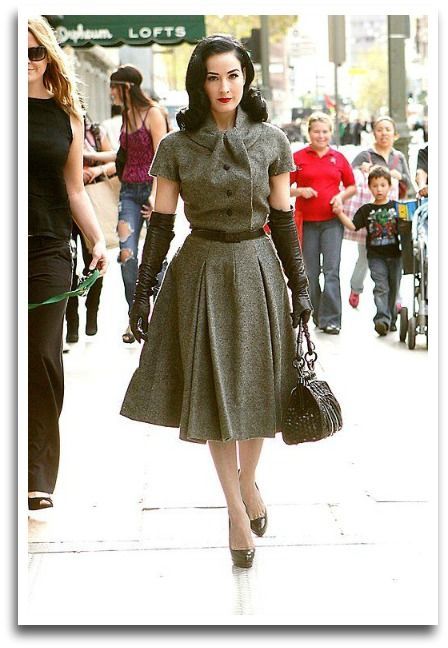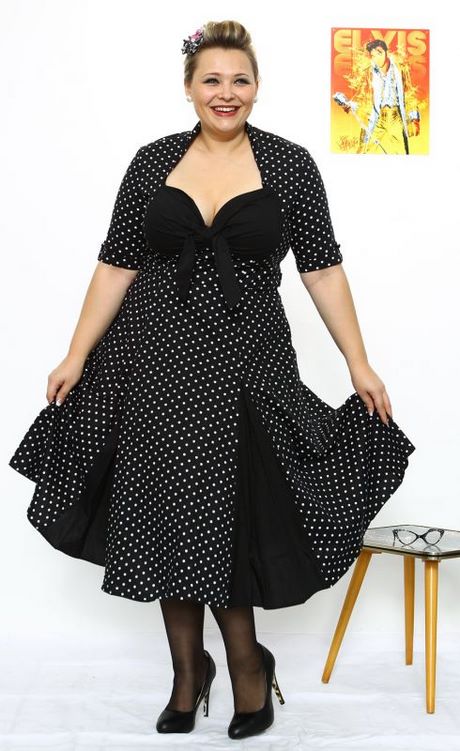
Основен гардероб за жени над 50 години - дрехи, които ще ви помагат да изглеждате по-млади - Apetiten

Основен гардероб за жени над 50 години - дрехи, които ще ви помагат да изглеждате по-млади - Apetiten

Основен гардероб за жени над 50 години - дрехи, които ще ви помагат да изглеждате по-млади - Apetiten

Мода за жени над 50: Тенденциите на 2018 година и как да изглеждате с 20 години по- млади само с правилните дрехи (снимки) - За Жената

Рокля за юбилей 50 години (77 снимки): елегантни рокли за 50-годишни жени с различни размери, красиви вечерни рокли с пеплум и други модерни опции

Мода за жени над 50: Тенденциите на 2018 година и как да изглеждате с 20 години по- млади само с правилните дрехи (снимки) - За Жената
(287).jpg)






(145).jpg)










